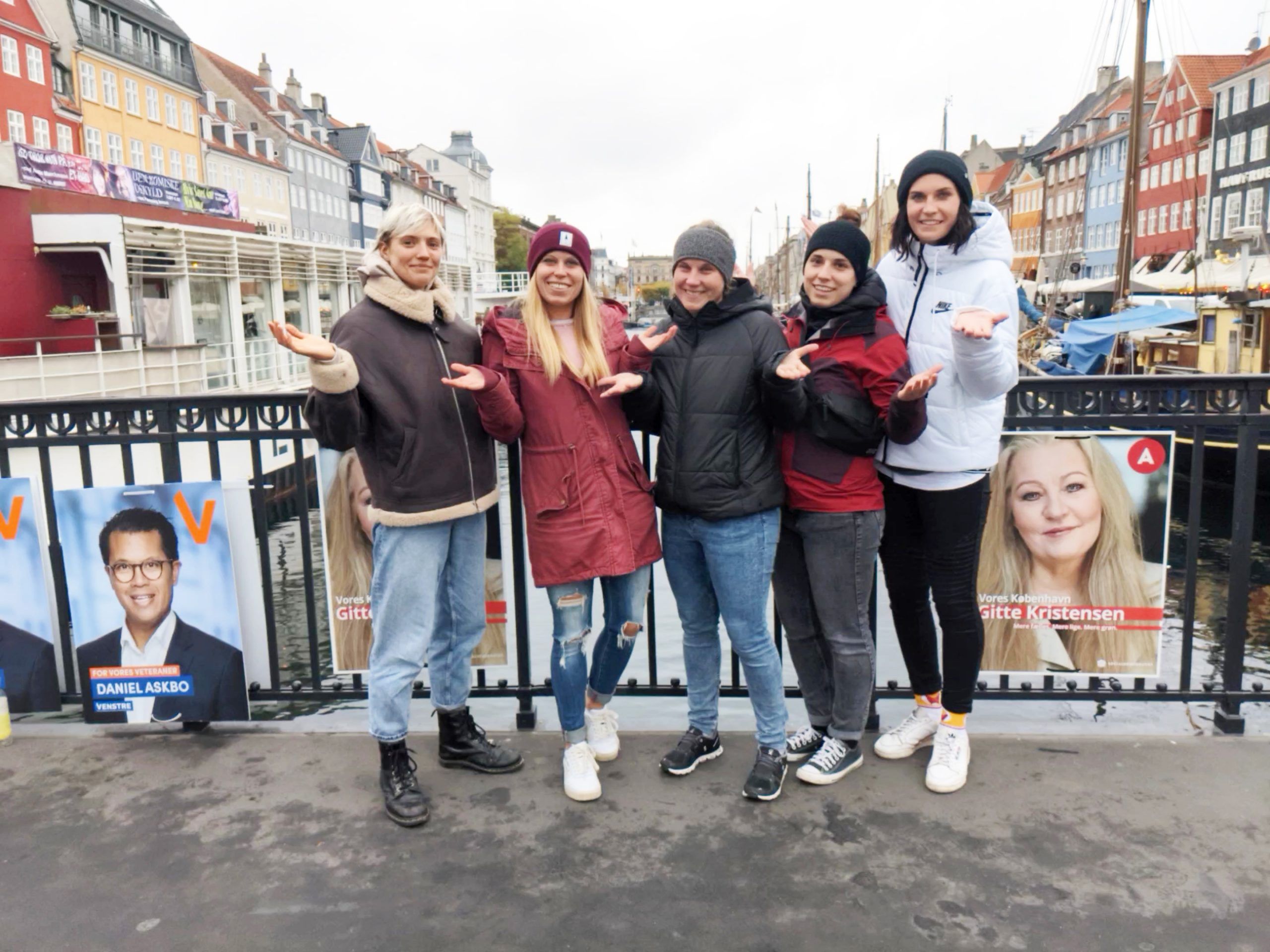It’s easy to assume, as a foreigner in an overseas land, that you don’t have the vote. But in Denmark you do: both in the local and regional elections, and they’re coming up fast!
On Tuesday November 16, all you need to do is show up at the location indicated on the poll card you receive by mail and cross a few boxes: for the parties of your choice in each election, and your preferred individual candidates.
Theoretically you could spread yourself across four different parties. Given that political action in this country is invariably by compromise, it’s not as absurd as it sounds.
Right on your doorstep
Let’s face it: it’s these elections you want to vote in. They pertain to your healthcare (where your baby might be born, where that crucial operation might take place etc), the state of your community (roads, schools and leisure), and how much assistance you get in your integration.
It’s understandable if you don’t want to have a say on where Denmark sends its troops or how it polices its streets or rehabilitates its prisoners – maybe you think it’s none of your business. But many of you, as taxpayers, will feel you have the right, and if that’s the case, don’t overlook this opportunity.
Because when that day comes in 20, 30, 40 years time – when governments wake up to how diasporas are as integral to modern cities as good sewage systems – and our right to vote in the nationals is seriously debated, it’s not going to look good if under half of us voted in the last locals.
Poor record of voting
That’s right, Mr Apathy. In the Capital Region in 2017 the turnout among ethnic Danes was 77.4 percent, but among immigrants and their descendants (all foreigners, not just the nasty media branding ‘indvandring’), the rates were just 37.7 and 38.9 percent.
These figures were more or less the same in every municipality we looked at, but they are most telling in the Capital Region and Copenhagen itself, as this is where the immigrants can make the biggest difference
In Copenhagen, fewer than three out of every four residents eligible to vote are ethnic Danes. There are 387,000 compared to 132,000 immigrants (plus 83,000 aged 0-18). Of these, 57,000 are expats (generally from EU countries, the UK and US) and the rest are what the media like to call ‘indvandring’.
In the Capital Region, the spread is slightly more Dane-heavy at 1.179 million over 299,000.
Foreign representation
But in case that doesn’t sway you, how about some quotes: “If we don’t vote, we are ignoring history and giving away the future,” or “Bad officials are elected by good citizens who do not vote.”
After all, we’ve lost count of the number of Copenhagen mayors who’ve had to stand down in recent years because of one scandal or the other.
By rights, if foreigners account for a quarter of the electorate, at least one of these seven mayors should be ‘one of our own’, but they’re not: not even close. Because when are the foreigners in the country going to harness their power and make a difference?
Most of us eligible
So who is eligible? Well, everyone over the age of 18 who comes from a EU country, or Iceland or Norway, or the Danish Commonwealth (providing it is four years of residency before election day). For others, such as Brits now they’ve left the EU, four years of residency is required.
Certain other factors might rule you out: if you are on tolerated stay, have been expelled from Denmark by a court judgement or administrative decision, or reside in Denmark in order to serve a sentence from an international criminal court.
Incidentally, if you pass the criteria to vote, you also pass it to stand for election, provided you have not had a criminal conviction or are serving a driving ban.
Rights not obligations
Clearly some parties (left bloc stalwarts like Radikale) want foreigners to vote more than others (right-wingers like Dansk Folkeparti).
“I am running for Radikale in both Frederiksberg and in the Capital Region, where the density of foreigners is relatively high, and I not only think these newcomers should have the right to vote, I also strongly encourage them to use it, regardless of which party they favour,” contends David Zepernick, a Radikale councillor in Frederiksberg.
“To me it’s a way to say welcome, we acknowledge you. When speaking about foreigners, Danes, especially those on the right wing, tend to emphasise obligations only. I would like to emphasise rights as well. In this case democratic rights!”
Slight the far right
When politicians like Zepernick do reach out to foreigners, it often results in accusations of fishing for votes – yes, from those same right-wing politicians who want you to stay at home and ensure a city like Copenhagen is set up to serve the Danes first and foremost.
“I am aware of the risk of accusations for vote-fishing. And yes, as we are the most pro-European party in Denmark, so it is likely that reaching out to some of the new voters might benefit Radikale disproportionately,” conceded Zepernick
“But I think this is more a matter of principle than a matter of party politics. I think the old political slogan from the American Revolution “No taxation without representation” is a source of inspiration, and why shouldn´t foreigners have a say in how their tax money is spent?
So if you like the idea of cocking a snook at some of the nasty politicians on the far right, there’s an extra incentive to vote.














